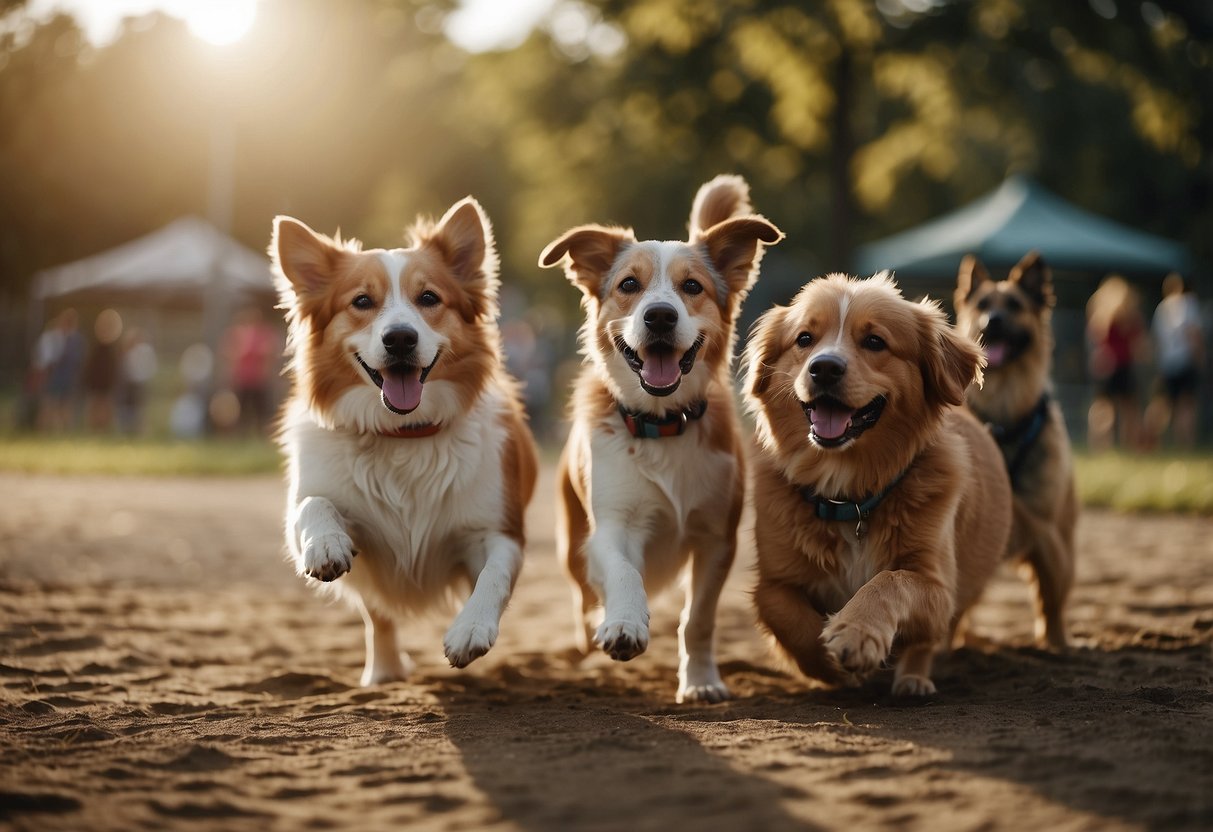
Navigating Socialization for Rescue and Older Pets
Rescue and older pets often require a tailored approach to socialization that acknowledges their unique backgrounds. Focusing on rehabilitation, trust-building, and environmental adjustments can help them thrive.
Rehabilitation and Trust Building
Rescue pets may come with histories of neglect or trauma, necessitating a gradual process to regain their sense of security. Trust-building should start with consistent, gentle interactions. Using positive reinforcement techniques such as treats and praise encourages desired behaviors and fosters a bond.
Offering a stable routine is essential. Predictable feeding times, regular walks, and play sessions contribute to a sense of stability. Patiently working through minor setbacks, like fear or aggression, is crucial for long-term success. Creating a safe space where the pet can retreat when feeling overwhelmed can aid in their rehabilitation.
Adjustment to a New Environment
Introducing rescue and older pets to a new environment requires careful planning. Initially confined to a small, secure area, they can explore and acclimate gradually. Gradual exposure to different parts of the home helps them adjust at their own pace.
Interactions with other pets should be supervised and slow to prevent stress. The introduction of new people should be managed similarly. Training aids such as crates can provide comfort and safety when used correctly.
Providing familiar objects, like their previous bedding or toys, can link the past with the new setting, easing the transition. Additionally, recognizing and addressing any signs of anxiety promptly helps in creating a harmonious new home for the pet.
Incorporating Socialization into Daily Routines
Introducing socialization into a pet’s daily routine can enhance its overall well-being. For dogs, daily walks offer an excellent opportunity to interact with other pets and people. Taking different routes or visiting dog parks can provide varied experiences that enrich their social skills.
Cats also benefit from social interaction, although their needs differ from dogs. Interactive toys and play sessions can encourage bonding time. Inviting friends over who are familiar with the cat’s temperament can help with socialization in a controlled environment.
For smaller pets like rabbits or guinea pigs, gentle handling and short, supervised play sessions outside their cages can assist with their social comfort. Ensuring their play areas are free from stressors like loud noises helps them feel secure.
Birds can enjoy social time through vocal interaction and training sessions. Using treats and spending time talking or whistling with them can promote a positive social atmosphere. Placing their cage in a bustling part of the house can also keep them engaged.
Establishing consistent routines is vital. Pets thrive on predictability; scheduling regular times for social activities can make the process smoother. Integrating these social interactions into existing activities ensures that pets get sufficient social time without overwhelming them.
Owners should always observe their pet’s reactions during socialization. Signs of stress or discomfort need addressing promptly to ensure a positive experience. With patience and consistent effort, pets can develop better social skills, leading to a happier, more fulfilling life.



